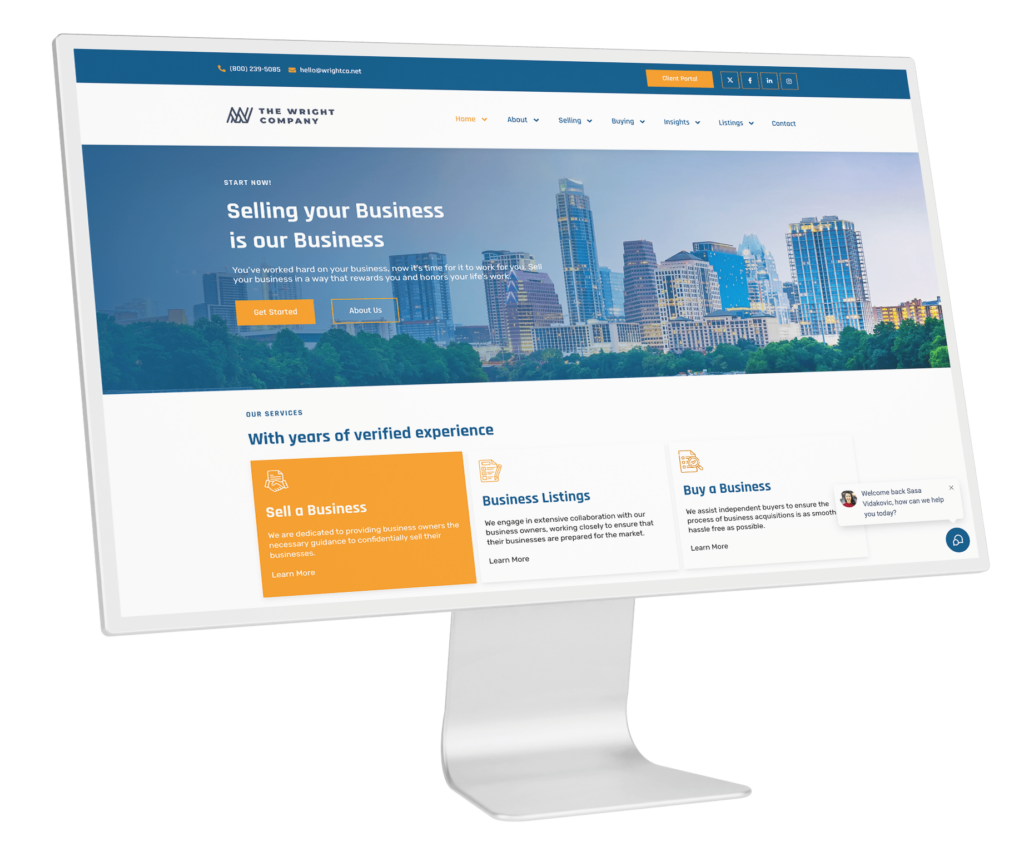Owning and operating a business can be rather demanding and that means from time-to-time details can slip through the cracks. All too often, businessowners don’t fully comprehend their leases and this can lead to a variety of problems. For example, if your business location is a key part of your success, it is incredibly important that you are well aware of all the essential points in your lease. Many businesses, ranging from restaurants and service businesses to retail stores, can be very location sensitive.
Don’t Let Key Details Slip by You
Regardless what kind of business you own, it is vital that you understand every aspect of your lease. You may even have to get an attorney involved to help you understand the implications of the minor points. A failure to do so could translate to the failure of your business.
The Length of Your Lease
The length of your lease tops our list of lease related factors you need to understand. While there are many variables that will affect you, in general, the longer your lease the better. It should come as no surprise that a longer lease gives your business an increased level of stability.
Exit and Exclusivity Clauses
If you are negotiating a lease, it is prudent to include an option for getting out of the lease. Just as having a longer lease provides you with greater flexibility, the same holds true for being able to exit your lease if the need arises.
A lease is not a one-dimensional document, just as your location is not one-dimensional either. The location in which your business is located matters. If you are signing a lease to locate your business in a strip mall or shopping mall, you should try to have written into your lease agreement that you are the only business of your type that will be located in the mall. After all, the last thing you want is to see a similar business opening up nearby.
Transferring Your Lease
Negotiating a long lease and having a way out of your lease are critically important, but so is being able to transfer your lease. At some point in the future, you may need to sell your business. For this reason, it is in your interest to have a clear understanding of how, and under what circumstances, you can transfer your lease to a new owner.
It is important to discuss the possibility of selling your business with the landlord before going to market to understand if the lease will be able to convey. While the landlord cannot restrict the sale of your business, you could get left holding a personal guarantee in order for the lease to remain in place for the remainder of the existing lease term. Then the new owner would be left to negotiate the lease renewal on their own.
Assignment of Responsibilities
Rounding out our list of key factors to consider for your lease are what you are responsible for and what the landlord is responsible for handling. If you as the business owner are to shoulder responsibilities related to the property, then those responsibilities should also be clearly outlined in the lease.
There is no doubt there are many variables involved in owning and operating any business. The physical location of your business should be among your top concerns. You should do everything possible to understand your lease. When signing a new lease, try to negotiate a lease that will be as helpful to you as possible.

